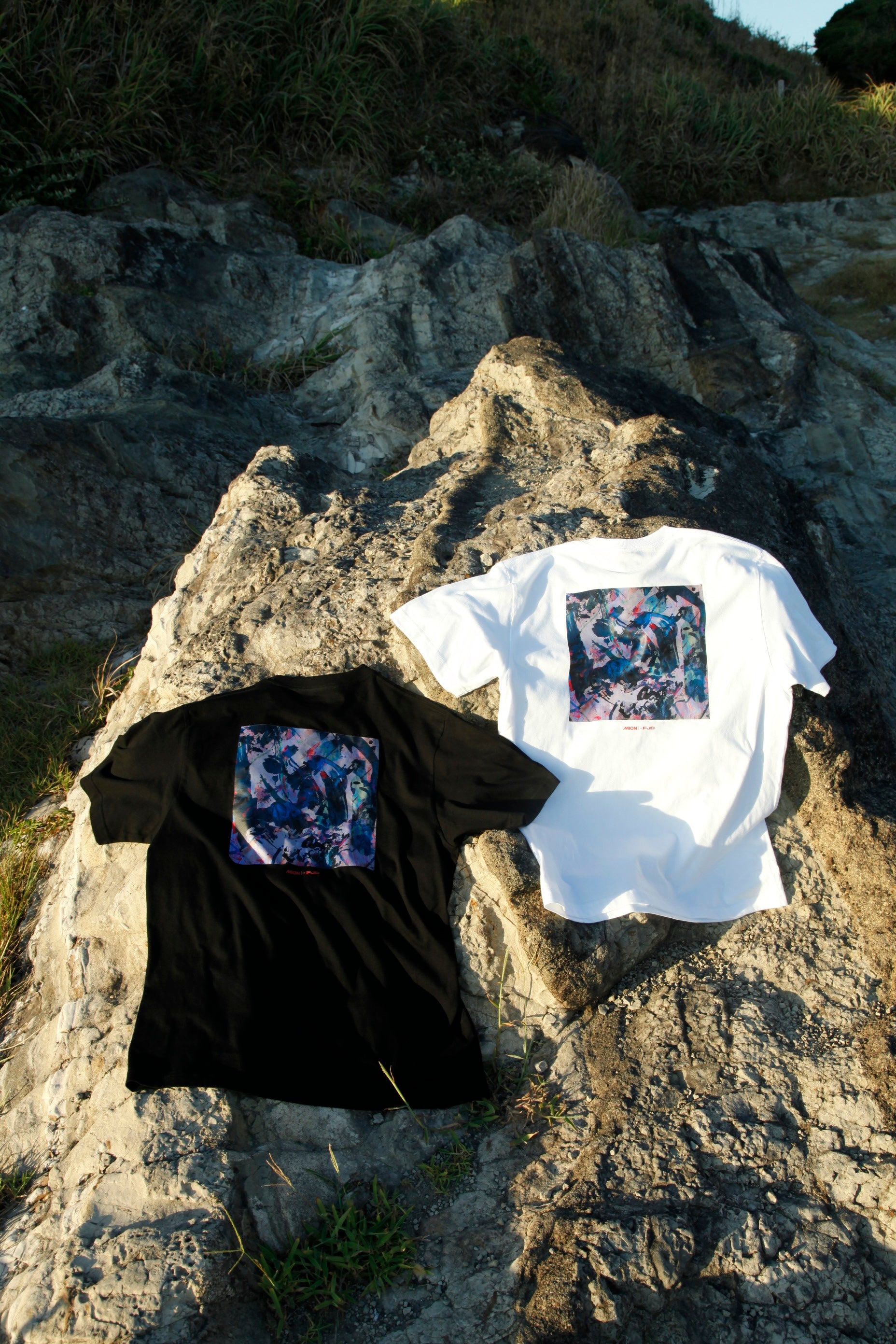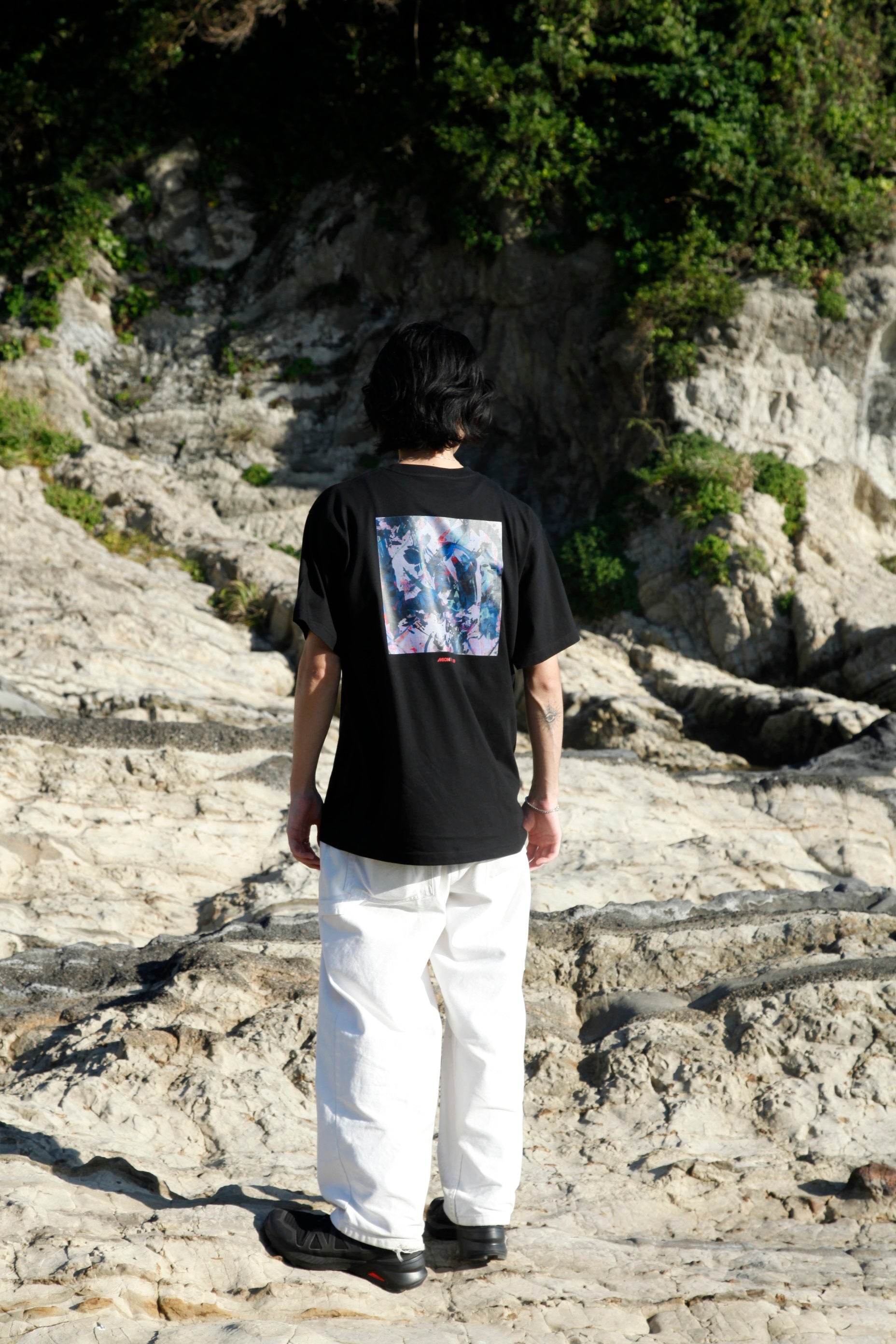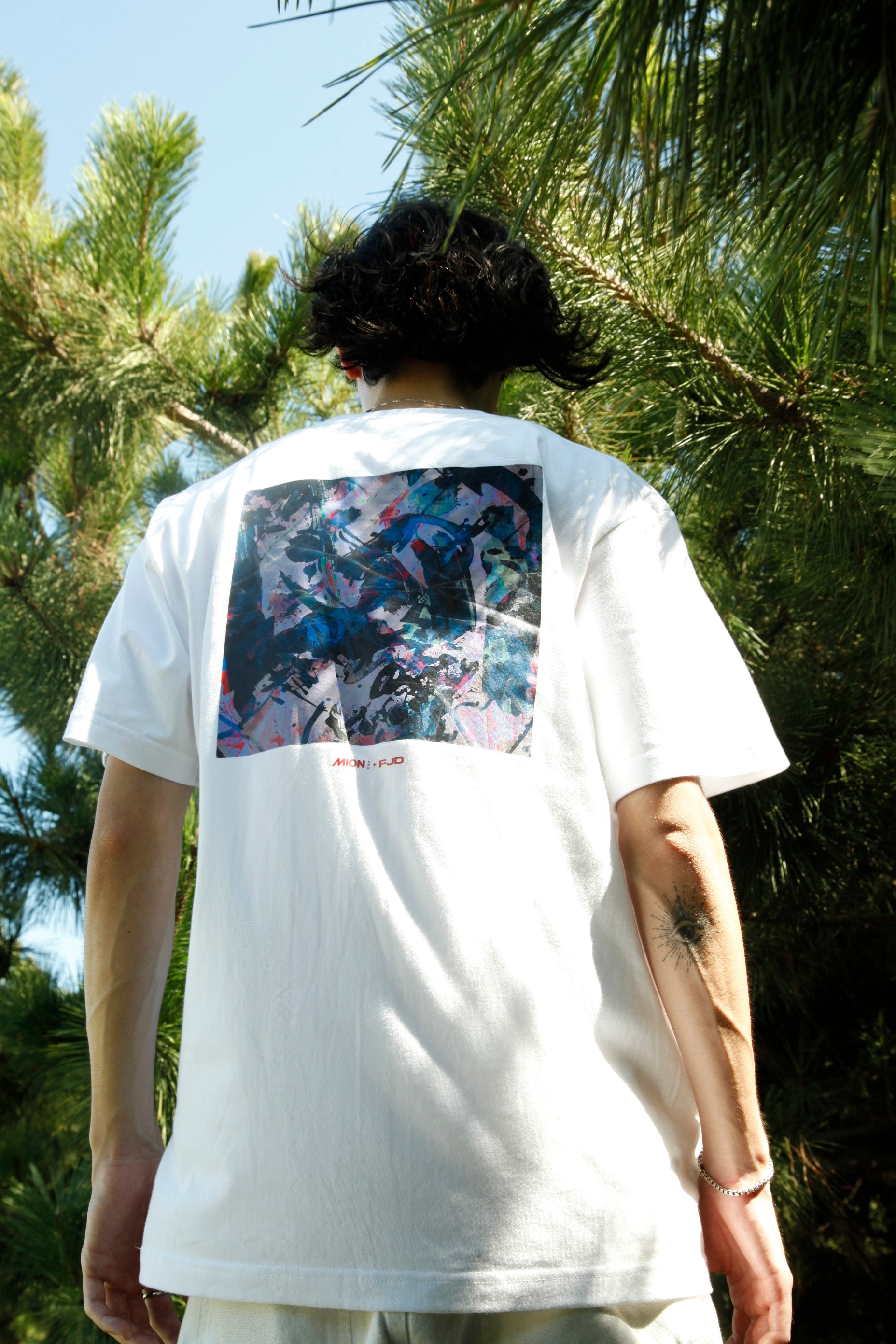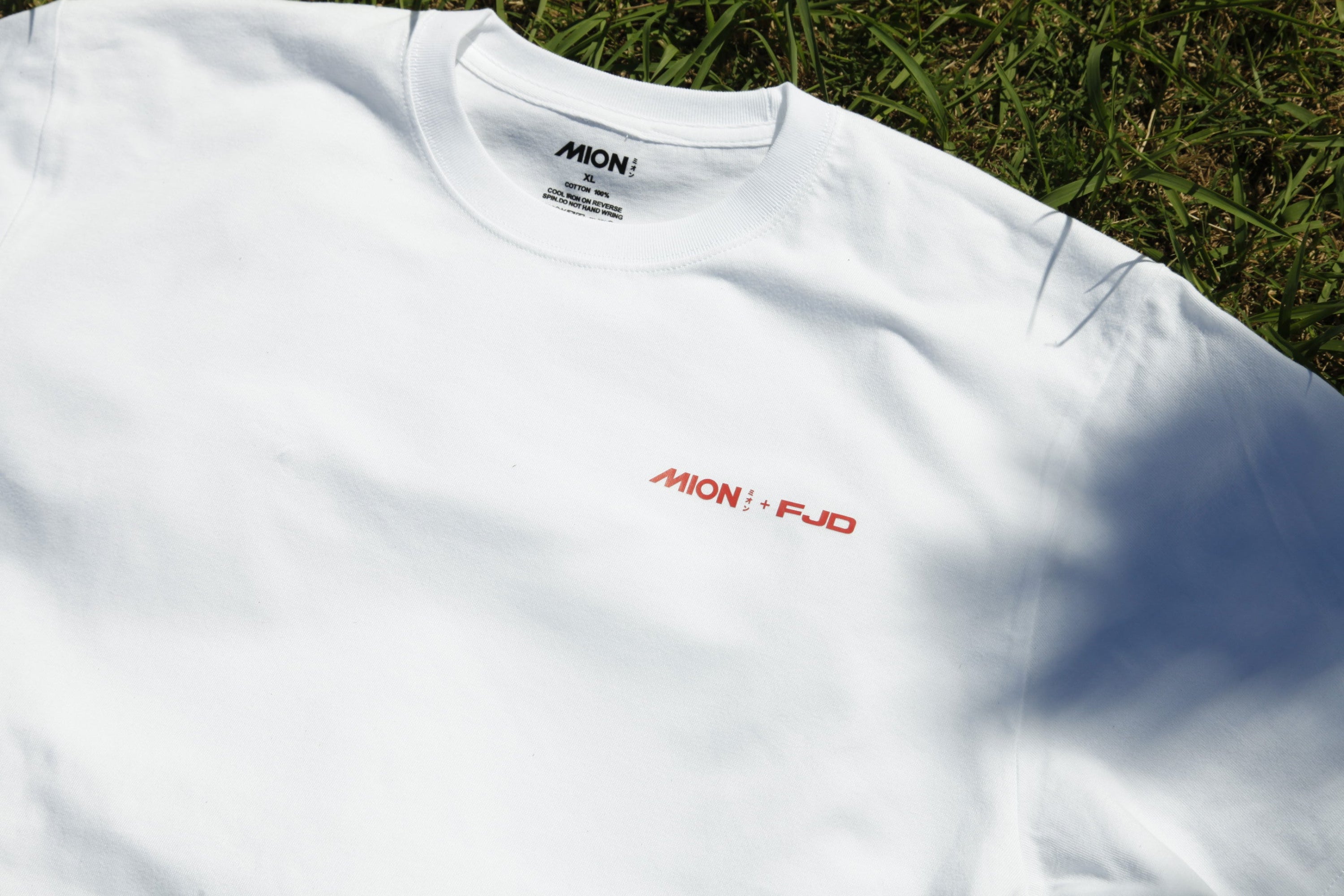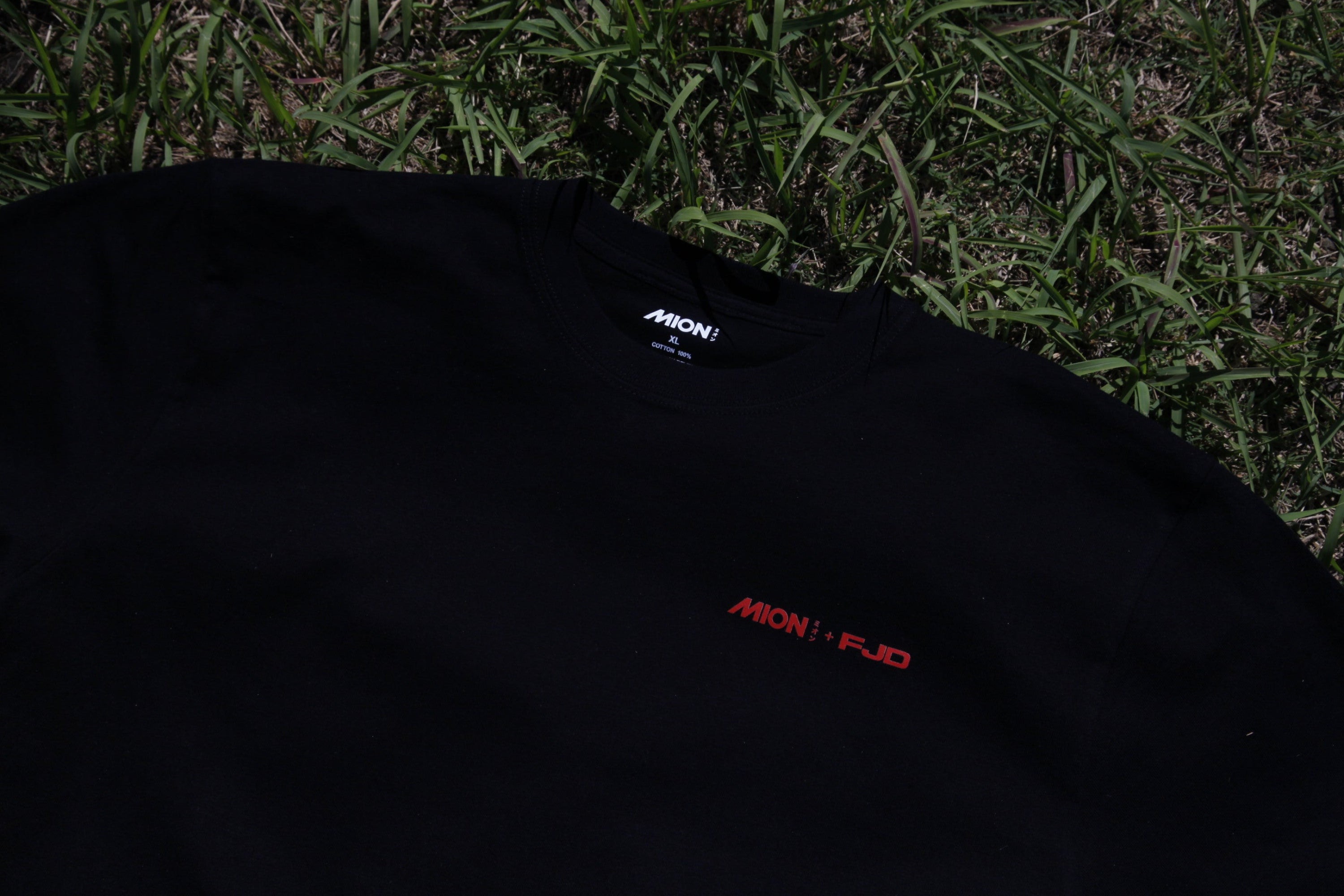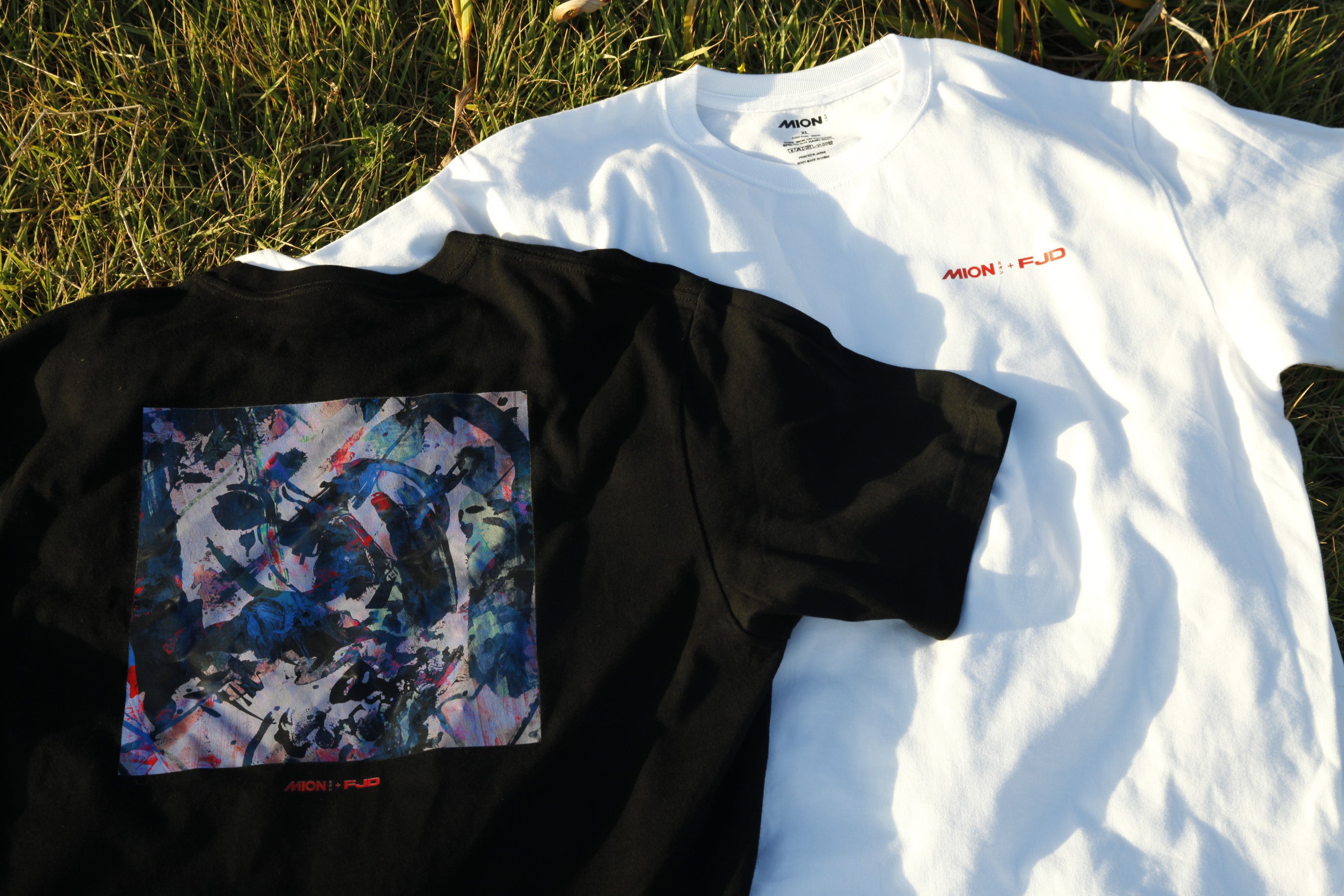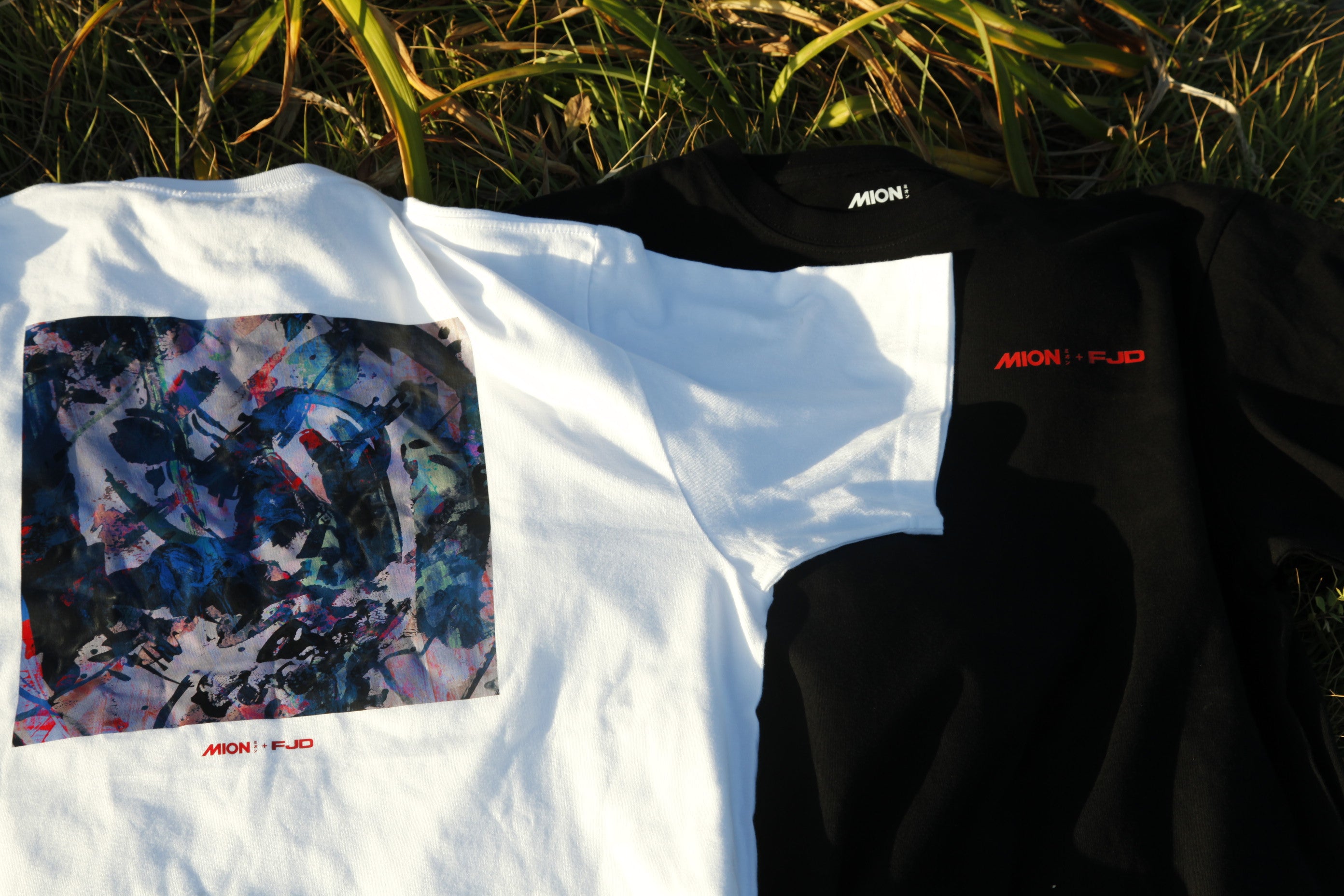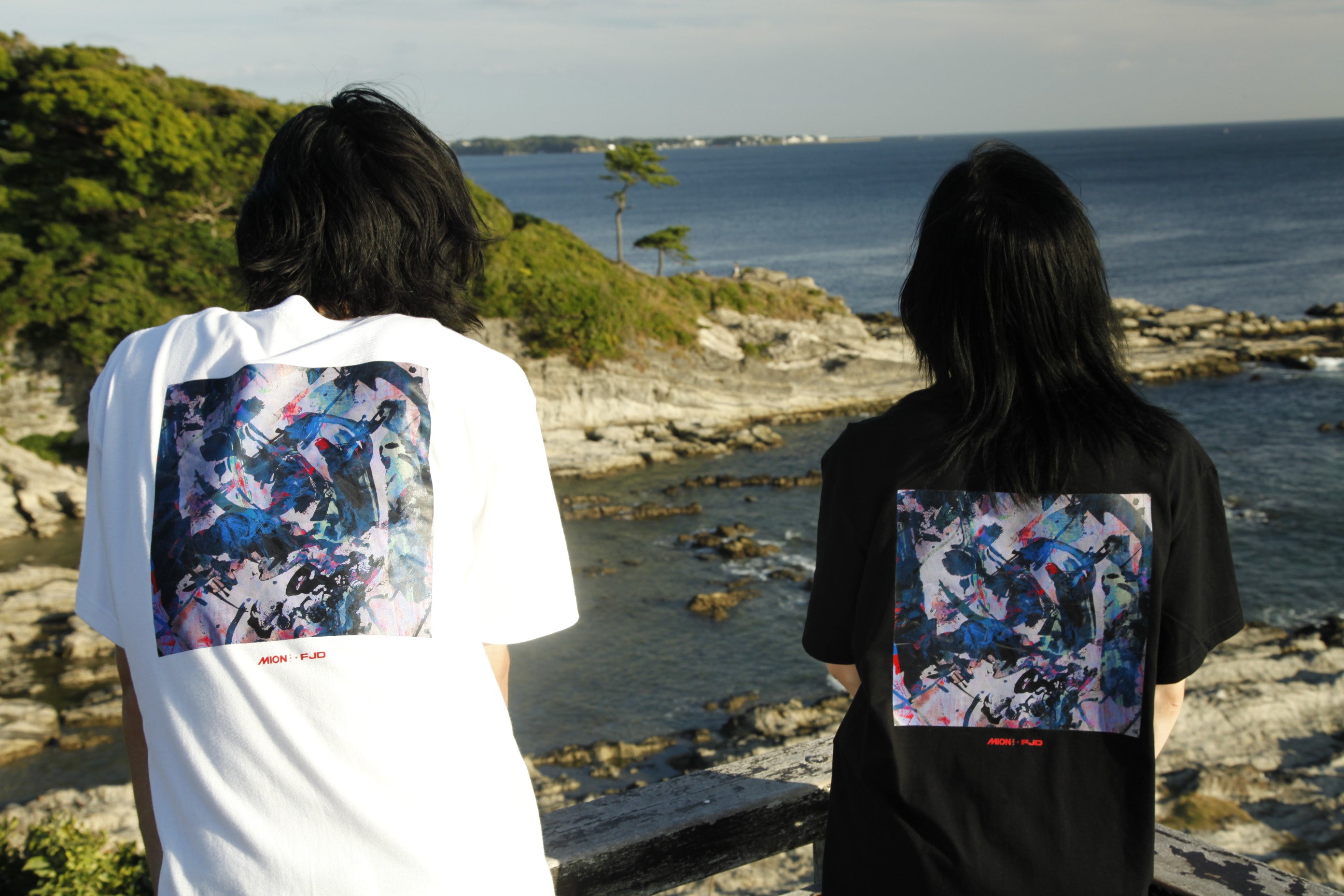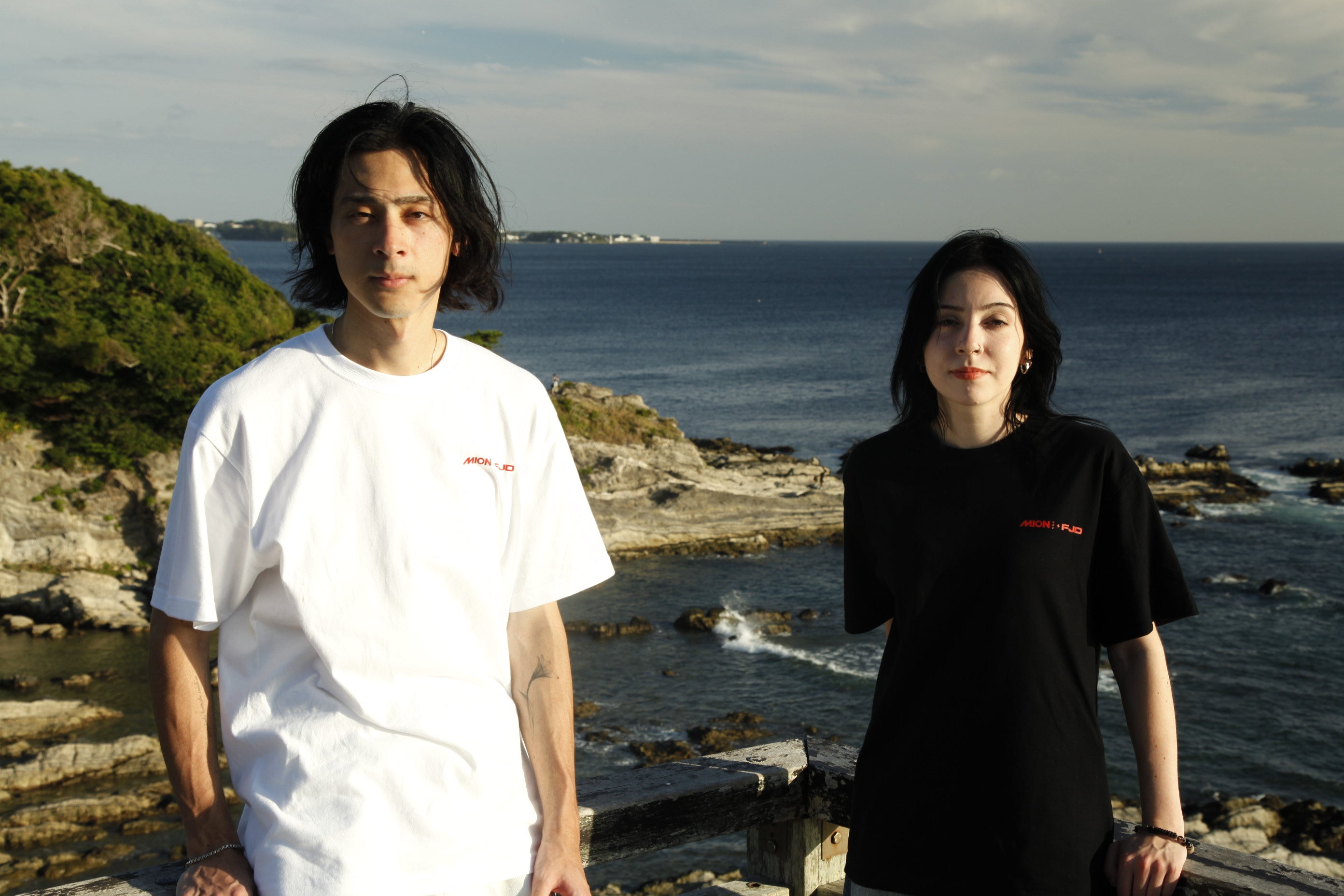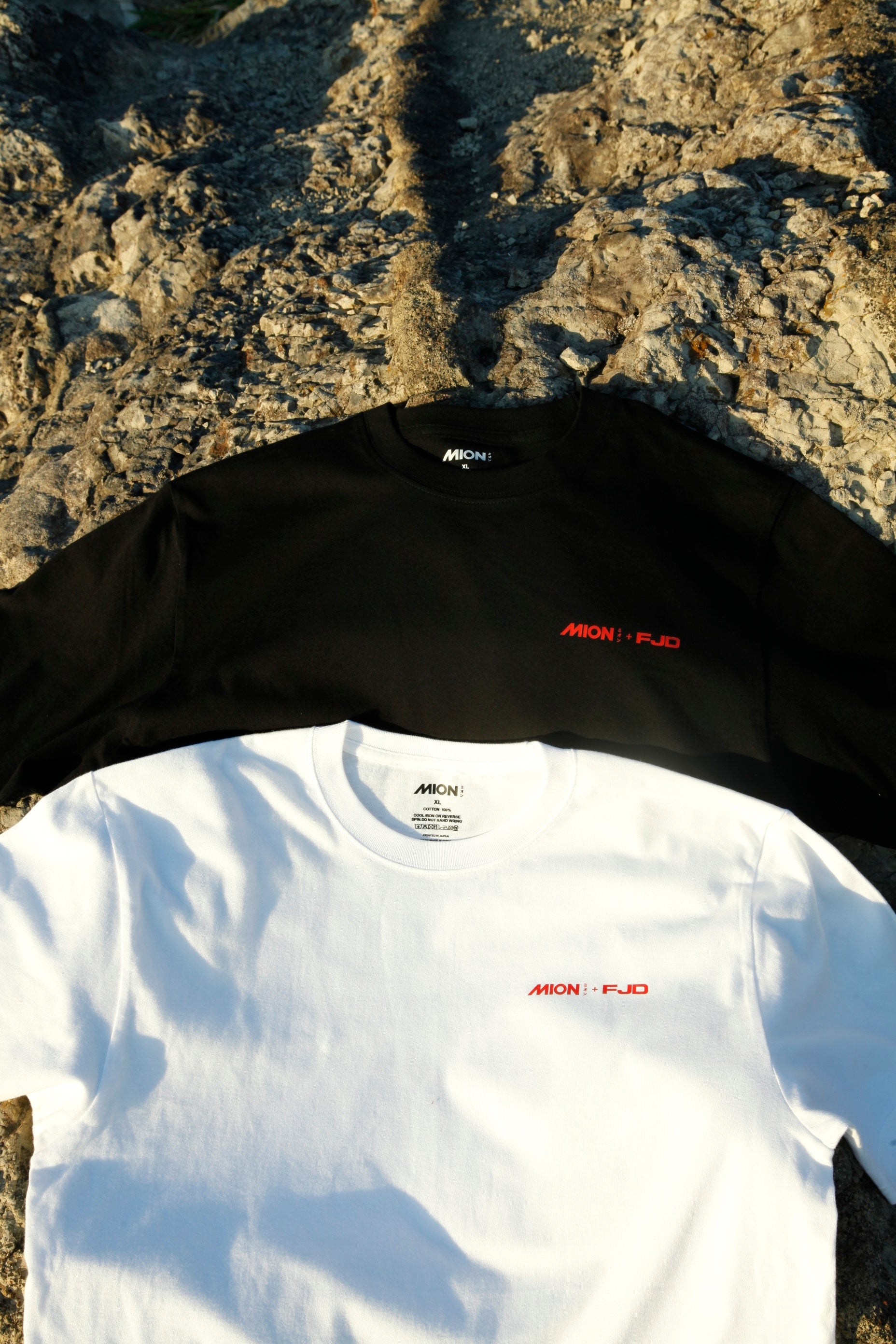Article: Jiro Fujita (Art Director / Graphic Designer) Interview Part 2 “Encounter with Nujabes”
Jiro Fujita (Art Director / Graphic Designer) Interview Part 2 “Encounter with Nujabes”

Chapter 2 —
The Words Nujabes Gave Me: “Let’s Make Your Masterpiece Together”
— How did you first connect with Nujabes?
Fujita : He emailed me on my birthday in 2008. We’d never met before, but he said, “I’d like you to design an album cover.”
— Your first contact was that birthday email?
Fujita : Yes (laughs). He soon came to my office to meet me.
— What was your first impression of him?
Fujita : Right away he said, “Since Calm, you haven’t had any representative work, have you?”
— That must have been surprising!
Fujita : It was, but then he said, “So let’s make your masterpiece together.” I still remember that moment vividly.
— And it wasn’t just one jacket?
Fujita : Right. He immediately said, “I want to ask you for four.” The first was modal soul classics, the second Uyama Hiroto, the third Kenmochi Hideomi, and the fourth was going to be his own album.
— He already had the full concept planned.
Fujita : Yes, including the order. He wanted the four to be a set. Sadly, he passed away during the planning for the fourth. The only memo left just said “land, sea, sky.” I completed it with Takumi Koizumi, who was his manager then.
↓The notes in the photo were drawn by Fujita as he recalled the exchanges from that time.


— That shows how much he trusted you.
Fujita : I later heard he hesitated to ask me because I had done Calm’s covers.
— Why was that?
Fujita : I once asked him who his biggest rival was, and he instantly said, “Calm.” So he said he was hesitant to ask someone who had worked with Calm—but he still felt I was the right person.
— That sounds very honest and sincere.
Fujita : He really was very sincere about creation.

— Did you also spend time together outside of work?
Fujita : Yes. One day he suddenly messaged, “Want to go get ramen?” I said I was too busy, and he replied, “Okay, I’m waiting downstairs in my car.”
— He actually came to your office!?
Fujita : Yes (laughs). He really came. If he wanted to do something, he acted on it immediately.
— That passion carried into his work, too.
Fujita : Definitely. He never compromised. Even in choosing featuring artists, once he decided on someone, he wouldn’t stop until he got them.
— That determination even showed up in ramen.
Fujita : Yes. If he felt “I want ramen with Fujita now,” he’d make it happen. Everything he did was like that—sharing something, then instantly turning it into form.
— Did you end up going?
Fujita : Yes. He messaged “I’m still waiting,” so I gave in (laughs).
— You seem to have opposite temperaments.
Fujita : Yes. I tend to think things through carefully; he was always straightforward and never wavered.
— Was that overwhelming?
Fujita : Sometimes, but it also drew me in.
— He never compromised in production either?
Fujita : Not at all. He’d ask for very fine adjustments and wouldn’t stop until he was satisfied.
— Very stoic as an artist.
— By the way, someone at MION had contact with Nujabes…
Fujita : Really?
— Yes, a staff member named Nakamura. As a student, he found out about Nujabes’ favorite record shop in Hotdog magazine and sent him a letter. One day his mom said, “Someone named Seba is on the phone.” (laughs)
Fujita : Wow, that’s amazing (laughs).
— He went to the shop, and Nujabes was very friendly. But Nakamura didn’t realize he was Nujabes until after he passed away.
Fujita : Incredible. He responded to people regardless of fame.
— He really responded to people’s passion.
Fujita : Yes, that was very like him—very straightforward.
Chapter 3 — Fujita × Kosaka (CEO of MION)
AI and the Future of “Love”: What Fujita Sees in Expression to Come
Kosaka : Fujita, AI is a big topic lately. Do you use it in your work?
Fujita : I use ChatGPT. Not image generation, but for research and rough structuring of ideas.
Kosaka : So more as an efficiency tool. But image generation is different?
Fujita : Yes. I’ve tried it, but my images are too specific, and the results always feel off.
Kosaka : Maybe AI suits abstract prompts better.
Fujita : Exactly. I’m not against it—if it works for someone, they should use it. It just doesn’t fit my style right now.
Kosaka : That’s because you’ve built your own foundation since ’96.
Fujita : True. But it’s a tough era for younger creators. They don’t even get small starter jobs now because AI takes them.
Kosaka : If small tasks go to AI, young people can’t build experience.
Fujita : Yes, and that experience is what builds your backbone.

Kosaka : The world is full of similar-looking works now.
Fujita : I feel that. AI makes dozens of patterns, and “choosing” becomes the creative act.
Kosaka : That’s more corporate than artistic.
Fujita : Right, and it can kill an artist’s drive.
Fujita : There are also copyright issues—AI images resembling existing works.
Kosaka : Like a blue robot cat without ears (laughs). If it’s “similar but different,” it’s hard to judge.
Kosaka : Same in music—friends who recorded guitar BGM now get replaced by AI.

